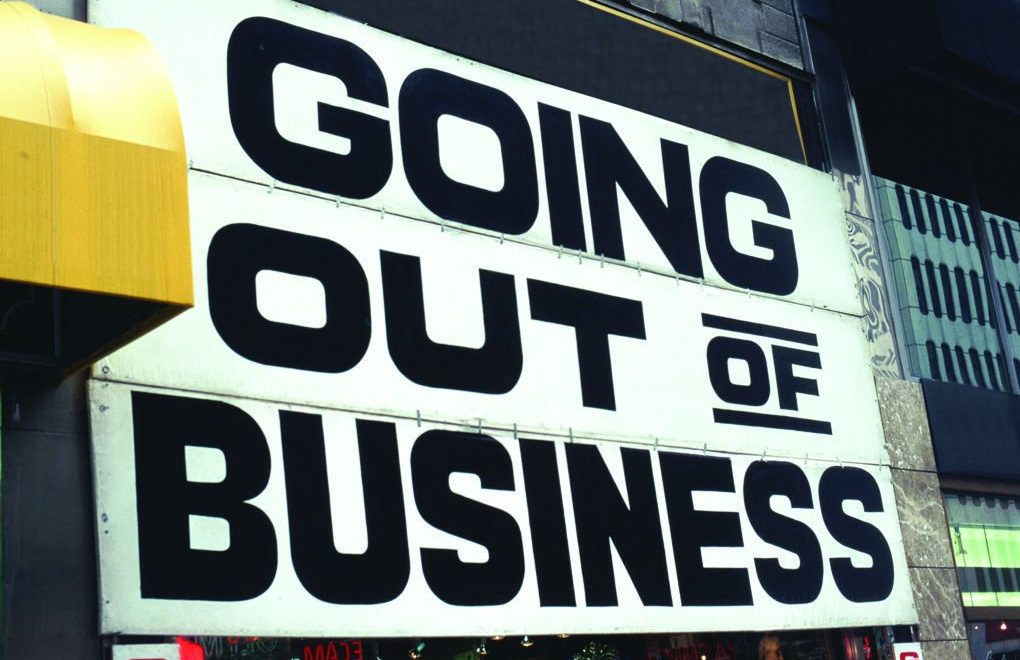
This month many of us in the chattering classes have been discussing the imminent departure of two giants: Africell and Shoprite Many have been concerned by what this means for our economy and why it is bad for such multinationals to close shop. Indeed, some top honchos from the Ministry of Finance and Planning were quoted as saying they were going to institute a committee to find out why ‘big’ companies are closing shop.
But all this is just a sign of the times. The Japanese have a saying that fall seven, stand eight. If these giants can’t get up and change their business model, then it is a wise decision to bring the curtains down. We have a pandemic going on and even the businesses you would think have the most savvy enterprise resource planning models cannot be immune. It is the sign of the times.
Should we be worried or concerned that these firms are closing shop? The short answer is no. First of all, every investor knows that they are taking a risk when they put theirs and other people’s money in any business venture. The venture can turn out to be successful or fail. Most of us never appreciate that risk has an upside and a down side. That is why they created the limited liability company to protect investors and innovators. If a business fails, it winds up without unnecessarily encumbering the capacity of investors to start all over again! Second, nature abhors a vacuum, and the space left by the departing investors shall be filled up by new and smarter investors presumably. Do not forget that long before there was Africell and Shoprite in our corner of the woods, there was Metro (remember them?) and Orange. There was also British Airways and Barclays who decided our market was too small or not strategic for their kind of vision. Do we miss them? I doubt.
If the departure of these ‘investors’ should not worry us, what should worry us? A number of things here. First we should be worried that we are even having a conversation about their departure. That means that our economy is so small, that when the guy who runs the corner grocery shop sneezes we catch a cold. Second, is the fact that we are more interested in Africell and Shoprite than we were interested in our own homegrown brands that fell on hard times. Why did we not have a debate about Senana’s woes? Why are we not losing sleep over the education sectors’ investors who are in dire straits? Third and perhaps more worrisome is the fact that we continue believing that our emancipation lies in the hands of foreigners. I am not aware of any country that was developed by foreigners when they were not in control of its taxes. Show it to me please.
Our preoccupation with things foreign has always led us down the wrong policy alley. At the risk of sounding like a broken record, let me say this again. The fate of this country does not lay in the hands of foreigners. It is our responsibility as Ugandans to lift ourselves by our bootstraps if we still have boots! Our government must therefore concern itself with improving the welfare of our people so that they can be more productive, employable and have effective demand. That means being concerned with indigenous Ugandan’s share of national income, their purchasing power and therefore quality of life. More simply put, income in the hands of Ugandans circulates faster (what economists call velocity) and helps more people (multiplier effect). No investor sleeps in two beds or eats three loaves of bread. If we cannot understand this simple concept, then (sorry for my French) we shall, in the words of the Late Rais Arap Moi, continue to lick the ‘something something’ of foreigners. Farewell Africell and Shoprite. You will be missed but life goes on.
Samuel Sejjaaka is Country Team Leader at Mat Abacus Business School. Twitter @samuelsejjaaka

